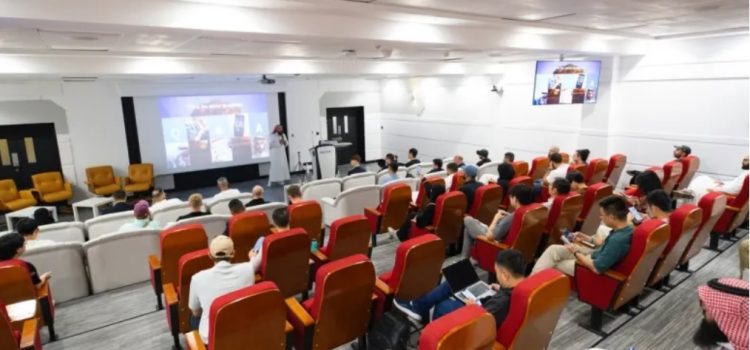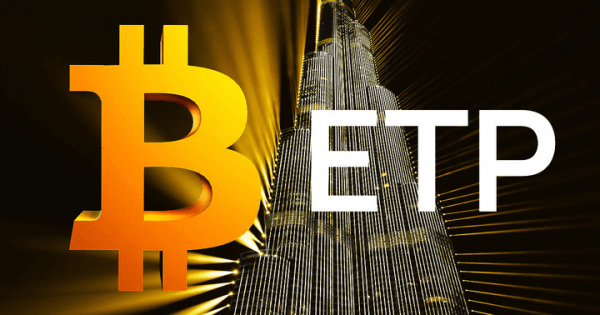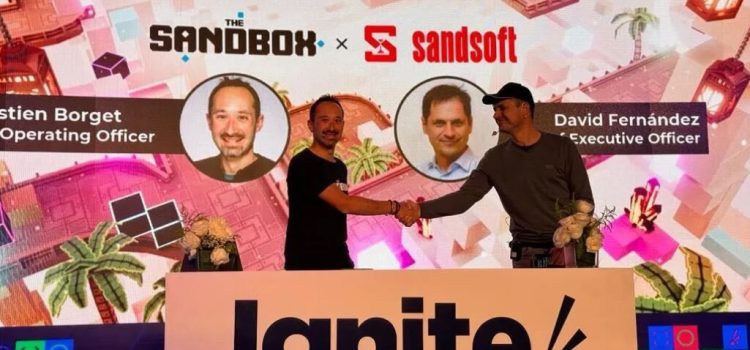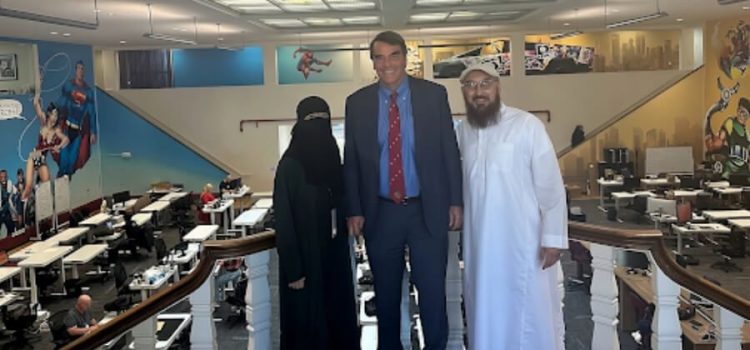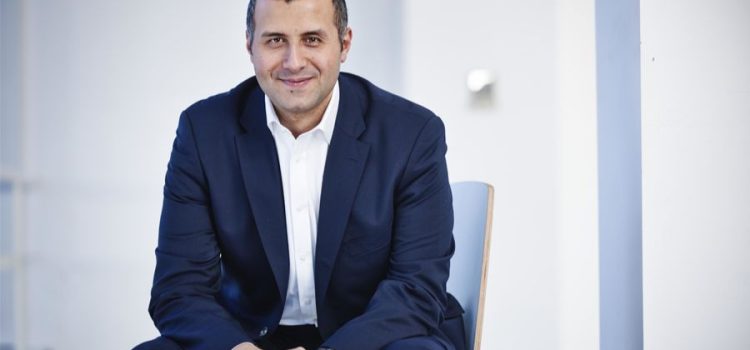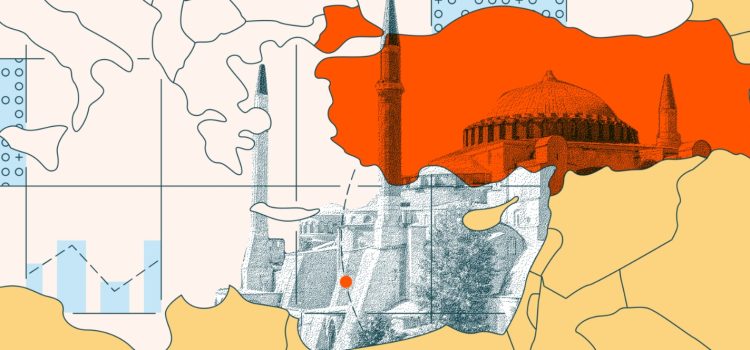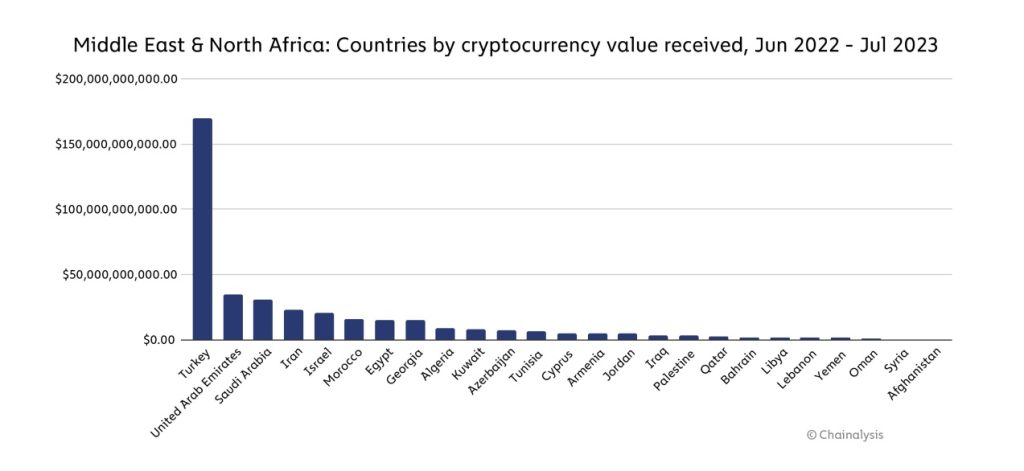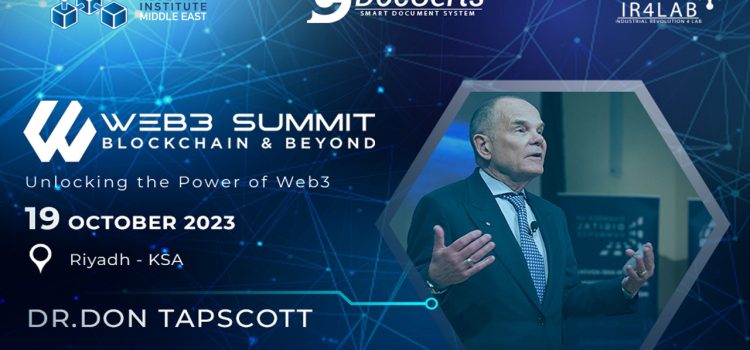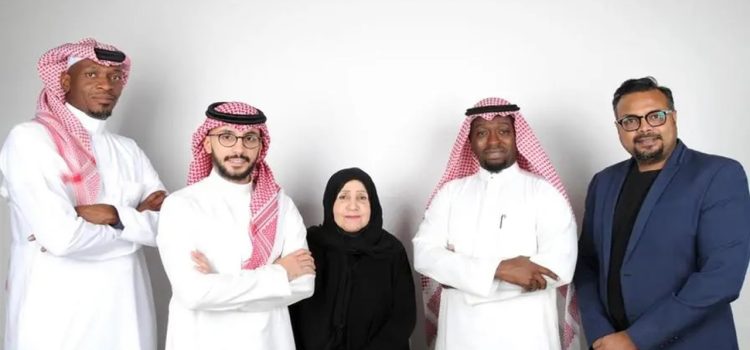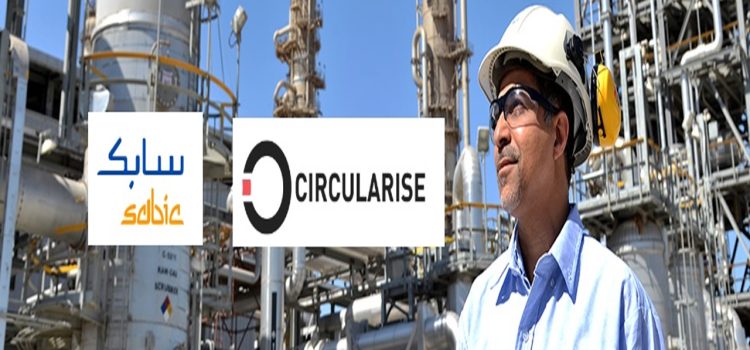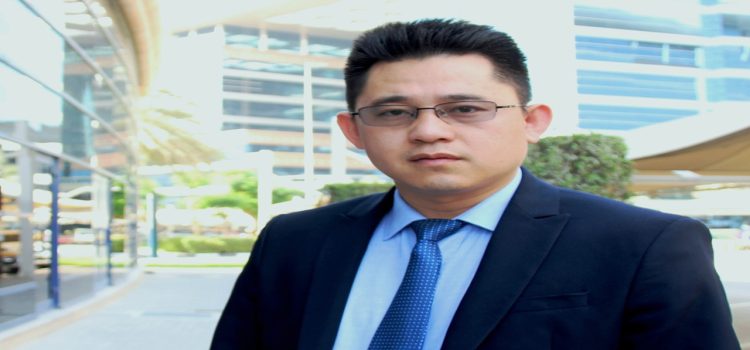
The Ethereum Riyadh 2023 conference held on October 11th brought together an array of blockchain experts and entities, including Saudi Digital advisor for a Saudi governmental entity, who gave a presentation on embracing DeFi for business excellence. As per the press release, Abdulelah Aloshayni, digital transformation advisor at a Saudi Governmental entity provided a clear understanding of DeFi and discussed potential applications for large companies and government organizations.
This is no surprise given the work that for example SAMA ( Saudi Central Bank) is doing on CBDC, virtual assets and DeFi. Saudi Central Bank had hired Mohsen Al Zahrani to lead their digital assets and CBDC projects.
Abdulelah Aloshayni gave a presentation on “Embrace DeFi for Business Excellence.” He provided a clear understanding of DeFi and discussed potential applications for large companies and government organizations.
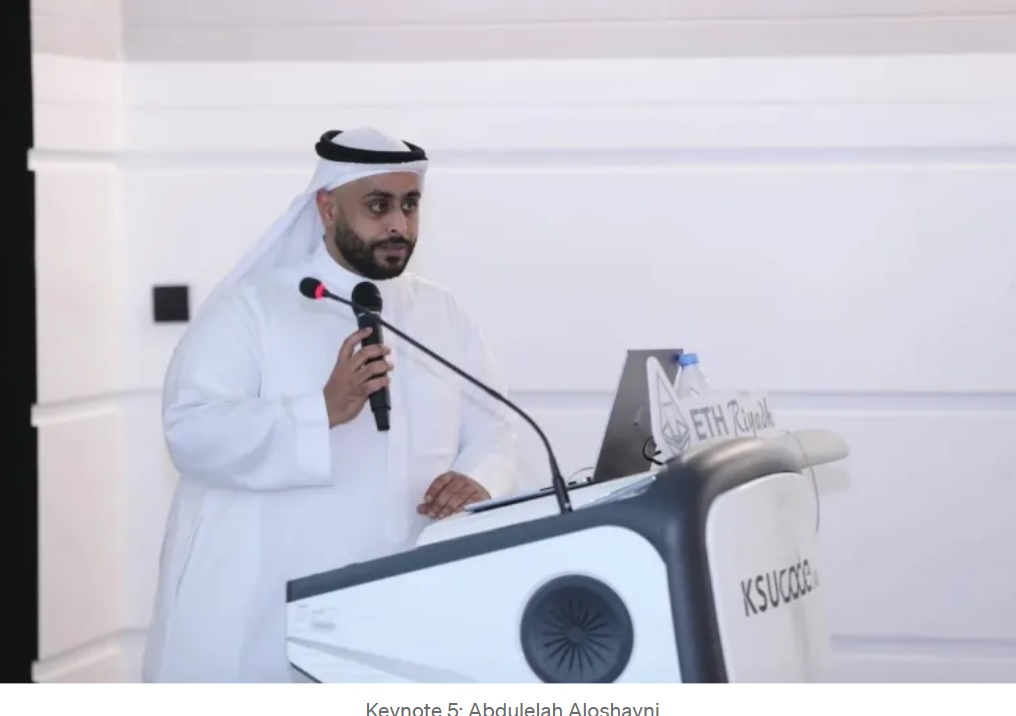
ETH Riyadh 2023 conference successfully took place at the CODE Lab of King Saud University at Riyadh, the capital city of Saudi Arabia. ETH Riyadh 2023, Web3 technology summit, was dedicated to the Ethereum ecosystem and blockchain technology, aiming to gather developers and builders from Riyadh, Saudi Arabia, and other regions in the Middle East.
ETH Riyadh emphasized a strong technical focus and aimed to provide insights from industry experts, fostering discussions on blockchain and Web3 cutting-edge technologies.
The ETH Riyadh organizing committee was composed of Tharawat Technology, Studio1727, ChainIDE, Coffee with Crypto, and Mask Network. The event received guidance and support from the Saudi Ministry of Communications and Information Technology, the Saudi Internet Association, and the KACST Digital Entrepreneurship Center. It was generously sponsored by Ankr (Title Sponsor), with presenting sponsorship from Chiliz, as well as support from Zilliqa, Adaverse, SAO Network, Onekey, Matrix World, and more than ten other Web3 projects.
Over 150 participants attended the event. The ETH Riyadh 2023 conference kicked off with a keynote address by Tim Beiko, a representative of the Ethereum Foundation, who presented “Ethereum Governance Overview.” Tim Beiko outlined various ways to engage in Ethereum technology development and contributions, along with collaboration opportunities.
In the first roundtable discussion, Anton Agafonov, Product Lead at Zilliqa, Arpit Sharma, Managing Partner for the Middle East, India, and East Asia at the Near Foundation, and Aqeel Mohammad from the Ethereum Foundation discussed “L1/L2: Web3 Infrastructures and Innovations from various perspectives, sharing their insights on Web3 infrastructure and innovation.
Xiao Wu, the founder of ChainIDE, then spoke on “The Road to Mass Adoption: Web3 Ecosystem in East Asia x Middle East Africa Region.” He shared insights into the development of Web3 ecosystems in East Asia and the Middle East and Africa regions, discussed the digital economy’s opportunities, and analyzed attempts and cases of large-scale applications in different regions.
While Dr. Waleed Aloriny, Chairman of the Saudi Internet Association, delivered a welcome address and moderated a special roundtable discussion on “Opportunities of Web3 Technology in Saudi.” Yasser Alobaidan, CEO of Tharawat Technology, Xiao Wu, Founder of ChainIDE, Stanley Wu, CTO of Ankr, and Alex Dreyfus, CEO of Chiliz, participated in the discussion. Representatives from various sectors engaged in lively discussions on Saudi’s entrepreneurial environment, policy regulations, Web3 development, digital economic opportunities, and international cooperation. Web3 entrepreneurs present recognized Saudi Arabia as a significant opportunity and expressed their desire to deepen their business and collaborations in the region.
ETH Riyadh 2023 marked a significant milestone as the first dedicated Web3 developer and blockchain technology summit in the Saudi Arabian region, particularly in Riyadh. This event represents a major advancement in the Web3 developer ecosystem of Saudi Arabia. ETH Riyadh has contributed to the flourishing of the local blockchain developer community, providing a platform for learning and networking for local developers and entrepreneurs.
The event has not only attracted local participants but also garnered attention from experts and investors from around the world. It serves as a crucial role in driving the development of blockchain technology in Saudi Arabia, offering a pivotal opportunity for exploring and shaping the future of the blockchain field. Furthermore, it plays a role in promoting digital innovation and economic growth in Saudi Arabia.
Xiao Wu, Founder of ChainIDE and a member of the ETH Riyadh organizing committee, expressed, “ETH Riyadh is the first summit in the Saudi region that focuses on blockchain technology and Web3 developers. It serves as a superhub for the local technology community and ecosystem development. Saudi Arabia is currently experiencing a pivotal period of rapid growth in the digital economy, and blockchain and Web3 technologies are integral components of the next generation of digital economies. We look forward to ETH Riyadh 2024, expecting to attract more builders in blockchain technology and facilitate increased collaboration and exchange among developers in the East Asia and Middle East and Africa regions.”








